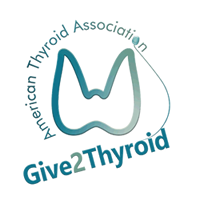BACKGROUND
Thyroid hormones are important for growth and development. Iodine is a nutrient required to make thyroid hormones. Not enough iodine in the diet can result in lower thyroid hormones in the blood and can lead to hypothyroidism. In pregnancy, more iodine intake is needed to make thyroid hormones in both the mother and the baby. This is important for normal brain development in the baby. Very low levels of iodine in the mother during pregnancy have been associated with subsequent decreased child IQ and school performance. What is not known is whether low iodine levels before pregnancy have any effect on the baby. The goal of this study is to understand the importance of iodine nutrition before pregnancy. This study examines the relationship between iodine status in the mother before pregnancy and the subsequent brain function of the child.
THE FULL ARTICLE TITLE:
Robinson SM et al. Preconception maternal iodine status is positively associated with IQ but not with measures of executive function in childhood. J Nutr 2018; 148:959– 966. PMID: 29767745.
SUMMARY OF THE STUDY
This study followed women and their children in the United Kingdom and examined how iodine status in the mother affected their children overtime. For the study, 12,583 nonpregnant women, aged 20–34 years of age were interviewed and diet and lifestyle factors were assessed. Of those women, 3,158 became pregnant.




